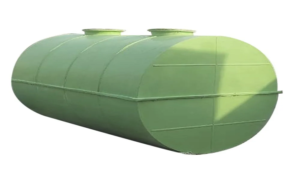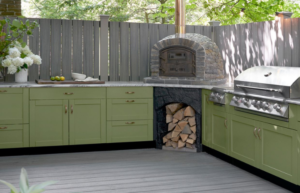An Intro to Roof Plumbing
We’re all familiar with regular plumbers. They’re the ones we call when our taps are leaking, our toilets are blocked, or our rain water tanks need to be connected to the main house. But did you know there’s a special area of plumbing called roof plumbing? They do a lot of work with roofs, so in addition to their plumbing skills, they are trained in installing, repairing, and maintaining all kinds of roofs, whether commercial or residential.
Aside from the roof itself, a roof plumber can install, clean, and repair gutters. He can lay roofing accessories like flashings, whirlybirds, and down pipes. Of course roof plumbers can fix leaking roofs, but more often they work on the roof itself, replacing shingles, laying fresh metal sheets, positioning roof tiles, or resolving asbestos problems. They install cooling and heating systems, and can be hired to lay solar panels as well.
A home owner or professional developer is the most likely person to decide what the roof will look like. An architect may have a say too, though their decision is still driven by whoever pays the bills. Once the decision has been made, a roof plumber is called in. They will think about the area’s weather conditions and the intended structure for the roofing.
The roof plumbing process
They will then interpret the technical drawings of the draughtsman and architect. They will use these drawings to design a roof plumbing system. It says how the roof is related to the pipes and sewer systems inside the house, including things like heaters and tanks that are positioned the rafters. On the outside, they will pick the position of gutters and drains.
The roof plumber is also in charge of ensuring that the roof is waterproof and weather resistant. They can recommend the right type and brand of roofing material. This is important, because buyers tend to be vague about these things. They may know they want a blue tile roof, but will be unfamiliar with intricacies. Their roof plumber will figure that out.
While no home or office can be professionally erected without a roof plumber, their most common tasks include roof repair and restoration. When a roof gets old or damaged, a plumber is called in. He assesses whether it can be repaired, or whether a whole new roof should be laid. Often, restoration is selected, because repairs are impractical.
First, your roof plumber will assess your roof, identifying the damage and offering viable solutions. They’ll give you a quote and if you’re happy with it, they can get to work. As an example, metal roofs require restoring after a few decades.
Asbestos roofing also needs to be replaced with something safer. If you’re restoring a roof that already exists, its wood needs to be sanded and repainted. I might be better to just put in a new roof altogether. Metal sheeting like Colourbond and Zincalume are popular choices.
Qualities of a good roof plumber
Working on roofs is a manual job, so you have to be ready to work with your hands and be willing to get them dirty. It helps if you’re physically fit. You don’t want to get winded on the roof and end up needing an ambulance to bring you down. You should probably maintain an exercise regimen to keep yourself in good shape.
It may also be helpful if you’re not afraid of heights, since you’ll have to spend a lot of time on roofing structures. Team work is important too. Daredevil types may be drawn to this kind of work, but they may have a hard time thriving. They need to play well with others and be good at following instructions. They need patience with the more theoretical aspects of the job, like planning and drafting.
Roof plumbing needs a lot of ‘out of the box thinking’. When a client calls you in the middle of a storm with a leak or a lightning problem, you’ll need fast, creative solutions. The answer to roofing challenge isn’t always clear, so the plumber has to be good at thinking, not just climbing and hammering. They need a systematic approach to all their work.
How to become a roof plumber
Training as a roof plumber takes 4 years in a school setting, though you can also learn by apprenticing yourself to a working roof crew. The best roof plumbers have a healthy mix of book learning and practical, on-the-job training. It also helps to be certified by Worksafe for High Risk Work, and to have a valid ‘white card’, which is a license that proves you’ve received comprehensive on construction safety. A skilled roof plumber can earn over $1,000 a week, and their annual salaries can go as high as $70,000.





